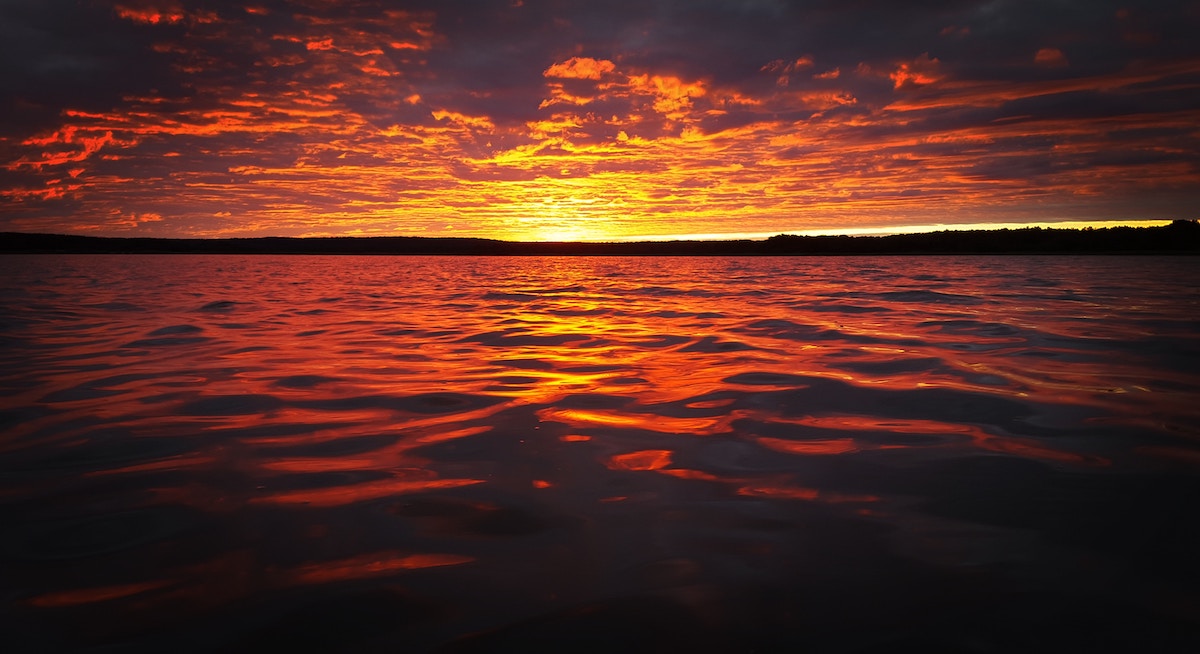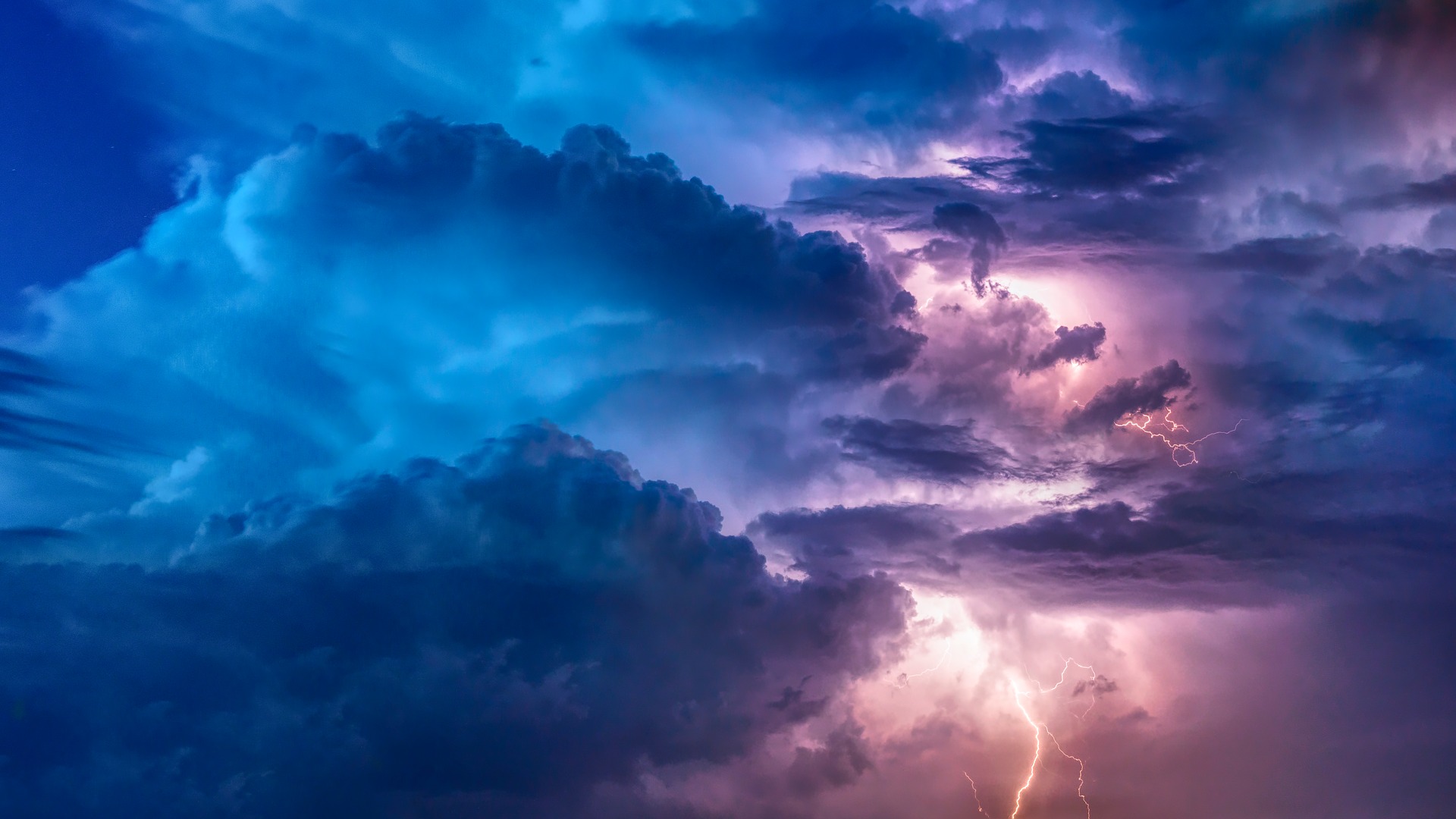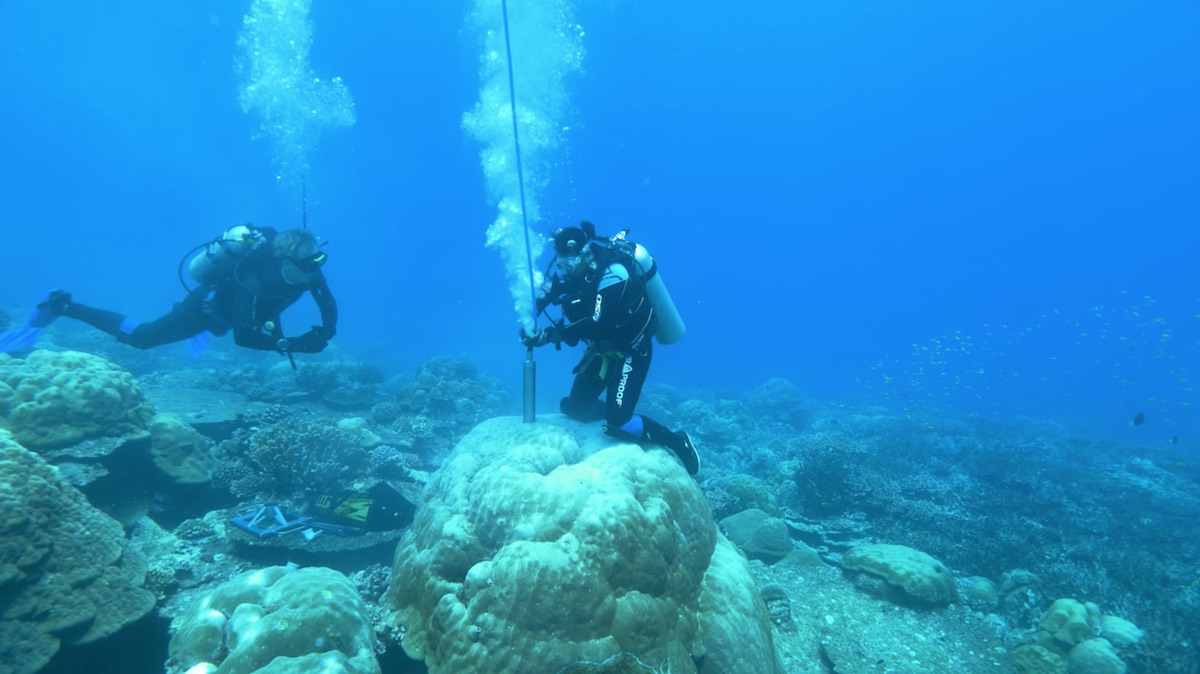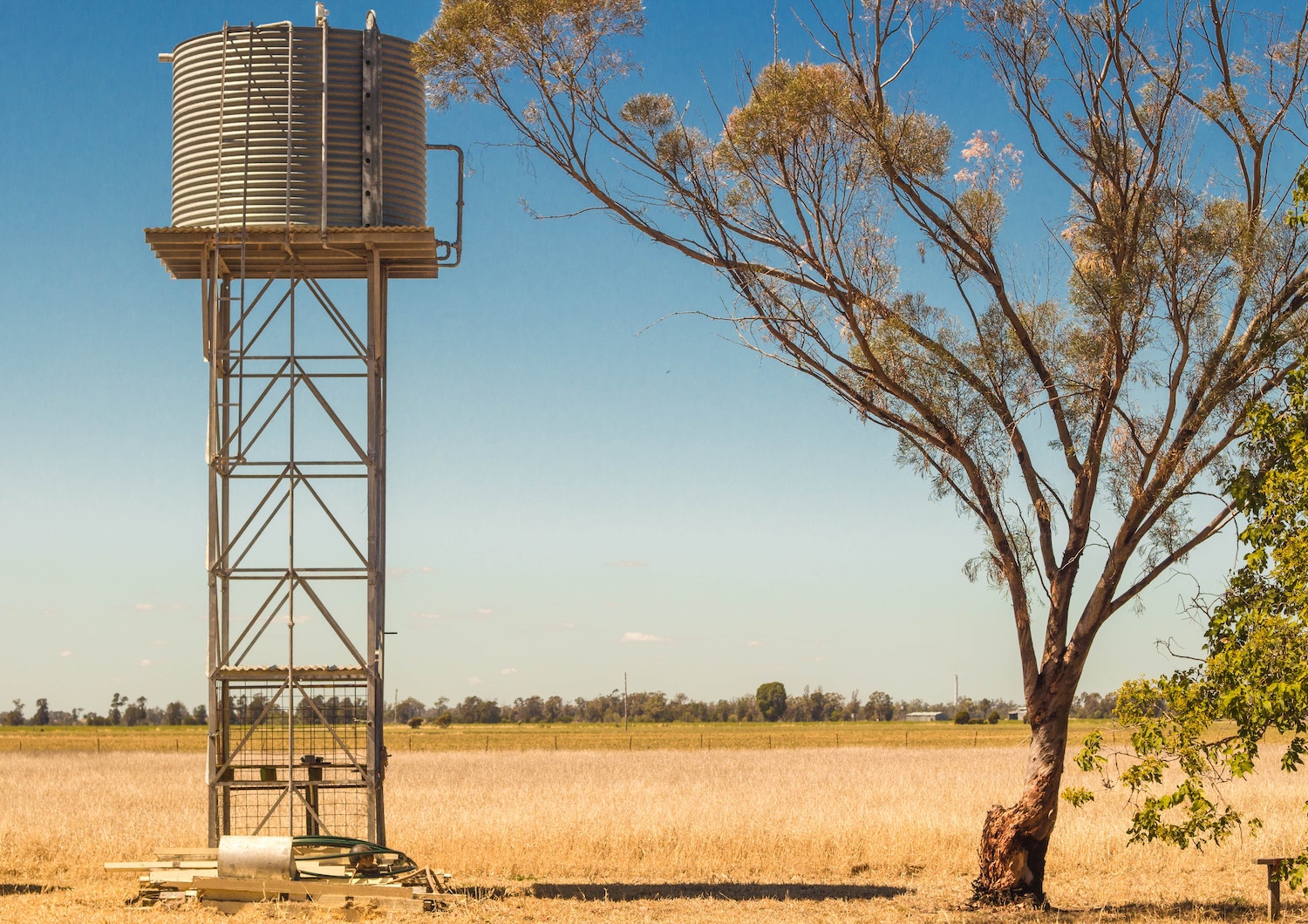-
Distant processes influence marine heatwaves around the world

An international team, led by Australian researchers from the ARC Centre of Excellence for Climate Extremes (CLEX) and the Institute for Marine and Antarctic (IMAS) studies, have published in Nature Communications the first global assessment of the major drivers of marine heatwaves.
-
New dataset reveals key to Townsville flood disaster

CLEX researchers with the Bureau of Meteorology have created a new 20-year-long regularly updated precipitation dataset for Australia using 50 radar sites. This will allow researchers to examine the climatology of extreme events, follow cloud processes, estimate hail size, determine cloud top height and much more.
-
“Impossible” research produces 400-year El Niño record and reveals astonishing change

Dr Mandy Freund and CLEX colleagues have produced a world first 400-year long record of El Niño activity. It’s a record that was previously considered impossible to extract from coral cores.
-
Climate extremes explain 18%-43% of global crop yield variations

CLEX researchers and colleagues from Australia, Germany and the US have quantified the effect of climate extremes, such as droughts or heatwaves, on the yield variability of staple crops around the world. Overall, year-to-year changes in climate factors during the growing season of maize, rice, soy and spring wheat accounted for 20%-49% of yield fluctuations,…
-
Marine heatwaves a clear and present threat to our oceans

The increase in frequency and intensity of ocean heatwaves over the past 30 years has had profound impacts on certain marine ecosystems and significantly impacted the industries that depend on them. According to new research in Nature Climate Change, marine heatwaves are now a clear and present threat to global biodiversity.
-
CLEX Career Development Award for Women and Underrepresented Groups

The CLEX Career Development Award for Women and Underrepresented groups is offered every year to promote the leadership development amongst our women and other underrepresented groups within CLEX.
-
CLEX Director Prof Andy Pitman awarded Order of Australia

Centre Director Prof Andy Pitman who has been awarded an Order of Australia (AO) “for distinguished service to science as a leading researcher, particularly of climate systems and the environment”.
-
Heat difference at night between city and country increases with heatwaves

It’s normal for cities to be warmer than surrounding rural areas at night but researchers from the ARC Centre of Excellence for Climate Extremes at Monash University found heatwaves make this difference almost two and a half times greater under some heatwave conditions.
-
El Niño Southern Oscillation (ENSO) risks for Western Australian graziers

Bella Blanche writes about spending time on the vast Macfarlane Station in Tambo, Queensland and introduces a methodology to assess risks posed by climate change, and the vulnerability of the native rangeland resources located west of the Great Dividing Range.
-
Hail the new storm app for citizen science, WeatheX

If you are a stormchaser or just someone who loves the theatre of wind, lightning, heavy rain and hail when a storm whips through, then you are perfectly placed to help climate science with the new WeatheX app.
